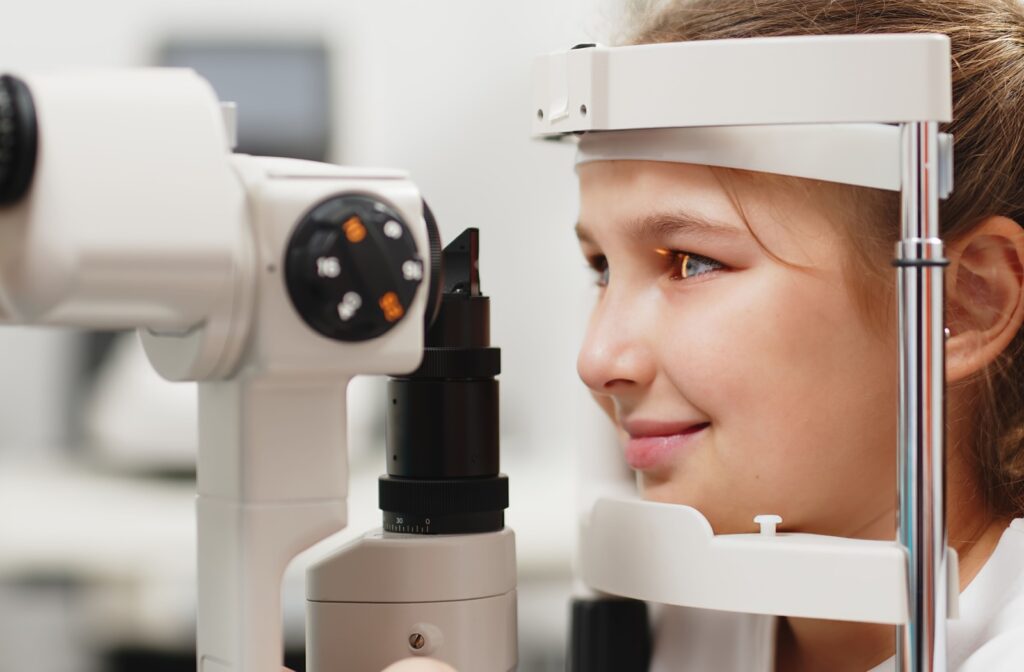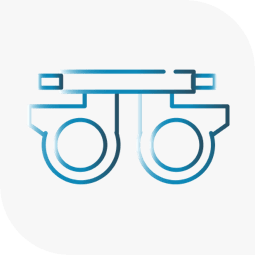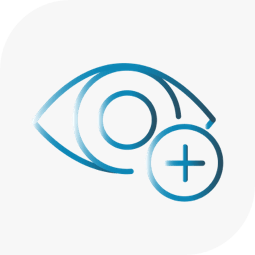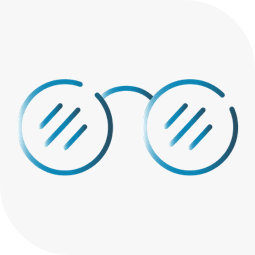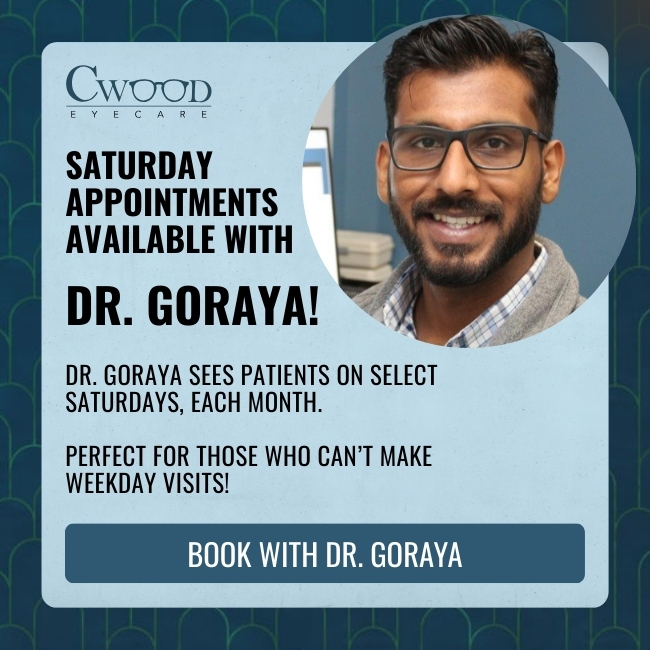Taking care of your eyes is an important part of maintaining your overall health. Regular eye exams are essential for early detection of eye conditions and helping your vision remain sharp and clear. But when exactly should you schedule an eye exam?
There are several key signs that indicate you need to schedule an eye exam. Frequent headaches, blurred vision, eye strain, night vision issues, double vision, and seeing floaters or flashes of light are all symptoms that suggest it’s time to see an eye doctor. Recognizing these signs early can help prevent further complications and make sure that your vision remains clear and healthy.
At Collingwood Optometry & Cwood Eyecare, we offer eye exams for the whole family. Our thorough evaluations focus on personalized care tailored to each person’s unique eye health needs.
The Importance of Regular Eye Exams
Eye exams are vital for detecting eye diseases and conditions that may not show obvious symptoms. Many eye conditions, such as glaucoma and macular degeneration, can develop without noticeable signs, making regular exams crucial for early detection and treatment.
Adults should have an eye exam at least every 2 years, children annually, and seniors over 65 should schedule exams every year to help maintain optimal eye health.
Adults with diabetes or any other pre-existing conditions such as glaucoma should have annual eye exams. This goes for any conditions that require medications as it is important to monitor the progression and adjust treatment plans as well as prescriptions.
Signs that Indicate You Need an Eye Exam
While regular eye exams are essential, certain signs may indicate that you need an eye exam sooner rather than later:
Blurred Vision: Difficulty seeing clearly, whether it’s up close or at a distance, is a key sign that you need to see an eye doctor. Blurred vision can affect your daily activities, making it hard to read, work on a computer, or see road signs while driving. This symptom can be caused by various issues such as refractive errors like myopia, hyperopia, or astigmatism, and it requires a professional diagnosis to determine the appropriate corrective measures.
Frequent Headaches: Persistent headaches can be a symptom of vision problems. When your eyes are constantly straining to focus, it can lead to tension headaches. These headaches often start after prolonged activities like reading, using a computer, or watching TV. If you notice headaches occurring more frequently or with increased intensity, it’s important to have your eyes examined to rule out vision-related causes.
Eye Strain: If you experience discomfort after reading or using digital devices, it’s time for an eye exam. Eye strain, also known as asthenopia, manifests as tired, aching eyes, and can be accompanied by symptoms such as dryness, redness, and a feeling of heaviness in the eye area. Prolonged screen time, poor lighting, and improper eyewear can exacerbate this condition, highlighting the need for an eye examination to find suitable solutions.
Night Vision Issues: Difficulty seeing or driving at night could indicate a vision problem. Night vision issues, such as trouble distinguishing objects in low light or experiencing glare from oncoming headlights, can pose serious safety risks. These problems might be due to conditions like cataracts, vitamin A deficiency, or the need for an updated eyewear prescription.
Double Vision: Experiencing double vision is a serious issue that requires immediate attention. Double vision, or diplopia, can disrupt your ability to perform everyday tasks and may indicate serious underlying conditions such as corneal irregularities, eye muscle problems, or neurological disorders. Prompt evaluation by an eye care professional is essential to identify the cause and begin appropriate treatment.
Floaters or Flashes: Seeing floaters or flashers could be a sign of retinal issues. Floaters are tiny specks or cobweb-like shapes that drift through your field of vision, while flashes resemble brief lightning streaks. These symptoms can signal retinal detachment or retinal tears, which are medical emergencies requiring immediate intervention to prevent permanent vision loss.

Types of Eye Exams
While everyone should have regular eye exams, there are different types of exams available depending on your vision needs and whether you have any preexisting conditions.
Adult & Senior Eye Exams
Regular eye exams for adults and seniors are essential for monitoring and maintaining eye health as you age. These exams can detect age-related eye conditions early, allowing for timely intervention.
Children’s Eye Exams
Early detection of vision problems in children is crucial for their development. Comprehensive eye exams for children can identify issues that may affect their learning and overall quality of life.
Diabetic Eye Exams
Diabetes can impact eye health, making specialized diabetic eye exams necessary for early detection and management of diabetes-related eye conditions.
Contact Lens Exams & Fittings
For those who prefer contact lenses, we offer detailed contact lens exams and fittings. Unlike a regular eye exam, a contact lens exam involves additional steps tailored specifically for contact lens wearers.
These steps include measuring the curvature of your eye to determine the appropriate lens fit, assessing your tear film to make sure you have enough moisture to comfortably wear lenses, and fitting the lenses to make sure they sit correctly on your eyes.
Specialty Eye Exams
Eye doctors also offer specialized eye exams for various conditions:
- Dry Eye Exams: Diagnose and treat dry eye, which can cause discomfort and blurry vision. Treatments include artificial tears, medications, and lifestyle changes.
- Age-Related Macular Degeneration (AMD) Exams: Monitor and treat AMD, which affects central vision in people over 50. Treatments include supplements, laser therapy, or injections.
- Digital Eye Strain Exams: Address discomfort and vision problems from prolonged digital device use. Solutions may include computer glasses, ergonomic changes, and eye exercises.
- Emergency Eye Exams: Provide immediate treatment for urgent issues like infections, injuries, sudden vision changes, or severe eye pain to prevent further damage.
- Laser Eye Surgery Consultations: Assess if you’re a candidate for LASIK or PRK surgery by evaluating eye health and vision stability and providing information on risks and benefits.
Schedule Your Next Eye Exam Today
Regular eye exams are fundamental to maintaining good eye health and spotting potential issues early. Whether you’re experiencing symptoms or simply due for a routine checkup, Collingwood Optometry & Cwood Eyecare is here for you.
From your child’s first eye exam to managing eye diseases, our team is passionate about offering personalized care tailored to your needs. Located conveniently at 2 locations in Collingwood, our clinics are easily accessible and equipped to handle your eye care needs.
Contact us to book an appointment today and discover the difference that comprehensive and family-focused eye care can make.


